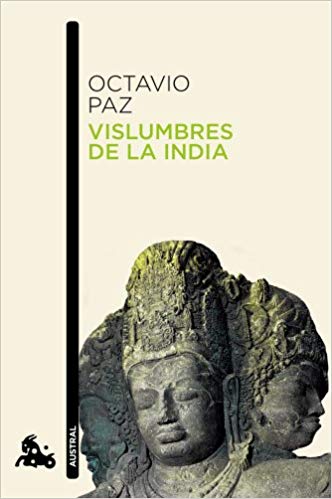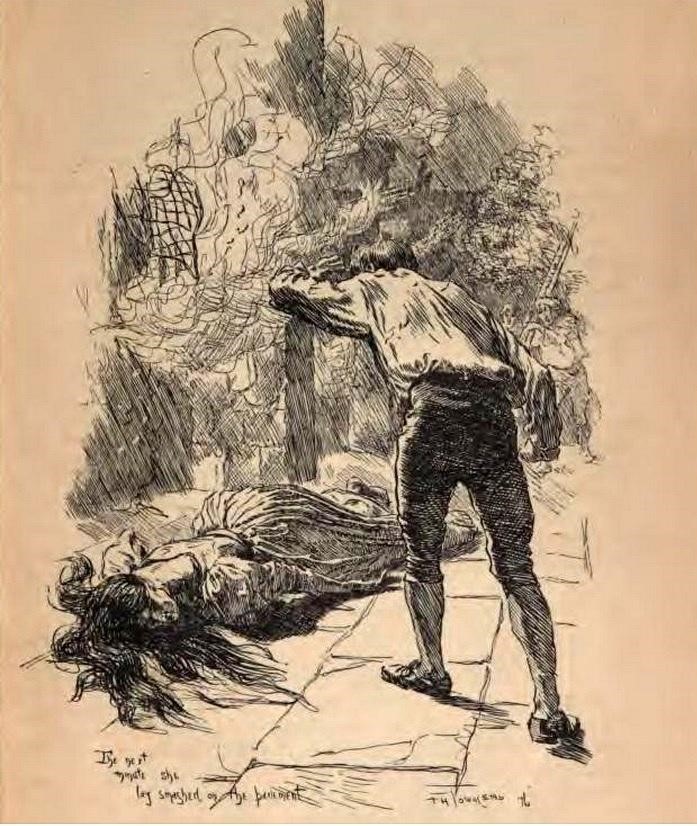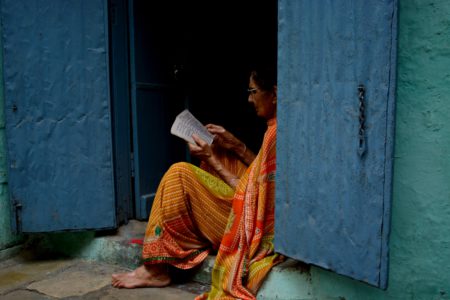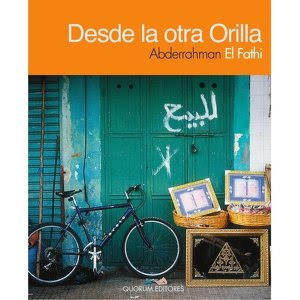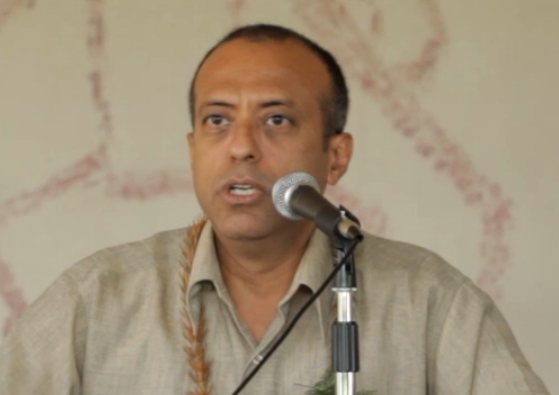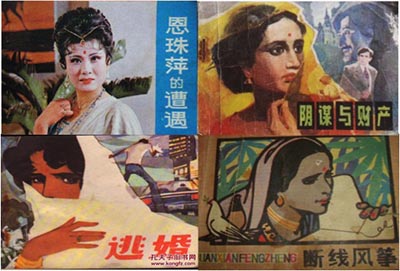A Case of Exploding Markets: Latin American and South Asian Literary “Booms” in a Comparative Perspective
This excerpt is taken from an interview with Professor Kantor and Dr Fatima Burney about Kantor's upcoming book Even If You Gain the World: The Rise of South Asian Literature in Light of Latin America.


